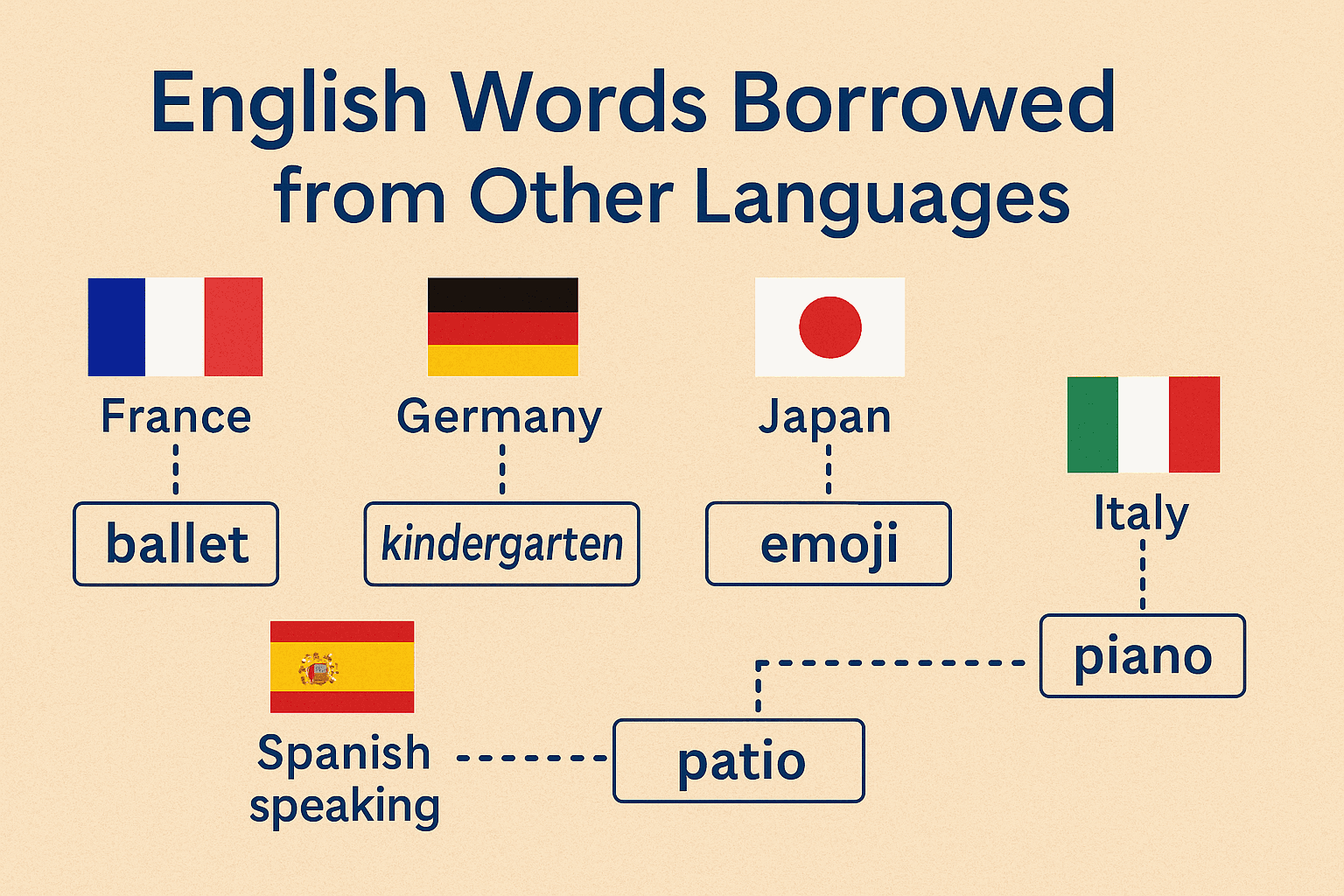Idioms are colorful, fun, and often hilarious—but they can also be one of the hardest parts of a language to translate. Why? Because idioms are deeply rooted in culture, and their meanings rarely make sense when translated word-for-word.
So, do idioms translate well across languages? Sometimes—but not always.
In this post, we’ll look at 5 fascinating idioms that often get lost in translation, and explore what makes idioms such a challenge for translators and language learners alike.
What Is an Idiom, Really?
An idiom is a phrase or expression that doesn’t mean what it literally says. Instead, the meaning is figurative and must be understood culturally.
Examples in English include:
- “Kick the bucket” (to die)
- “Let the cat out of the bag” (reveal a secret)
- “Hit the sack” (go to bed)
These are easy enough to grasp for native speakers—but when translated literally into another language, they can become confusing or even meaningless.
👉 Learn more about idioms at Cambridge Dictionary – Idiom Definition.
Why Idioms Don’t Translate Easily
Idioms don’t travel well because they rely on:
- Cultural context
- Shared metaphors
- Specific history or humor
If the culture you’re translating into doesn’t share the same background or associations, the idiom might fall flat—or completely confuse the audience.
Let’s look at five idioms that prove just how tricky this can be.
1. “Out of the frying pan and into the fire” (English)
Meaning: You’ve escaped one bad situation only to end up in an even worse one.
Literal translation into French: Hors de la poêle et dans le feu.
This would likely confuse a native speaker.
✅ Instead, the French equivalent is:
👉 Tomber de Charybde en Scylla (To fall from Charybdis into Scylla) – a reference from Greek mythology with a similar meaning.
2. “To have a frog in your throat” (English)
Meaning: Your voice sounds hoarse or you have difficulty speaking.
Literal translation into German: Einen Frosch im Hals haben
✅ This one does work in German! It’s used with the same meaning.
This rare case shows that some idioms do cross cultures, especially when the image resonates universally.
3. “The spirit is willing, but the flesh is weak” (Biblical/English)
Literal Russian translation:
🧠 Мясо слабо, но спирт охотно
Back-translation: “The meat is weak, but the alcohol is willing.”
😄 This famous mistranslation shows how machine translation (or overly literal human translation) can create awkward, funny, or nonsensical phrases.
It’s a classic cautionary tale in the world of translation studies.
🔗 For more fun mistranslations, visit Mental Floss – Famous Translation Fails.
4. “You’re pulling my leg” (English)
Meaning: You’re joking or teasing me.
In Spanish, a literal translation (Estás tirando de mi pierna) would confuse most native speakers.
✅ Correct idiomatic equivalent:
👉 Me estás tomando el pelo
(You’re pulling my hair) — a totally different image, same idea.
It’s a great example of cultural variation in humor and body language metaphors.
5. “To have bats in the belfry” (English)
Meaning: To be a little crazy or eccentric.
Translate that into Chinese or Arabic and it’s likely to make no sense. Even within English-speaking cultures, the idiom is considered outdated and may need explanation.
✅ In Mandarin Chinese, you might say:
👉 脑子有病 (nǎozi yǒu bìng) — literally “the brain has a disease.”
It’s less poetic, but culturally understood.
What Translators Do Instead
When idioms don’t translate well, professionals use a few strategies:
- Find a cultural equivalent: Replace the idiom with a local one that has the same meaning.
- Use descriptive language: Explain the idea rather than translating the phrase.
- Adapt the expression: Modify the idiom to suit the new language without sounding awkward.
These are all part of a broader technique called localization—adjusting not just the words, but the entire experience of the message for a different audience.
👉 For a deep dive into localization, check out W3C’s Internationalization Guide.
Why This Matters for Language Learners
If you’re studying a language, don’t get frustrated by idioms—embrace them!
Idioms are:
- A window into cultural thinking
- A way to sound fluent and natural
- Often very memorable once you know them
But remember: idioms must be learned in context. Trying to translate them word-for-word rarely works.
Final Thoughts: Idioms Are Cultural Treasures
So, do idioms translate?
Sometimes—when the metaphor crosses borders. But often, idioms are so culturally specific that they get lost in translation, leaving behind only confusion or unintended comedy.
That’s why understanding the culture behind the language is just as important as learning the vocabulary.
If you’re learning a new language, or writing for an international audience, be mindful of idioms. Use them thoughtfully—and don’t be afraid to ask a native speaker, “Does this make sense here?”
Because when it comes to idioms, the spirit may be willing—but the translation… might be weak.




